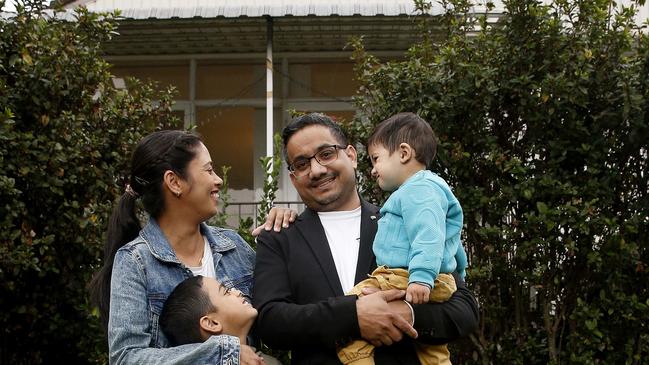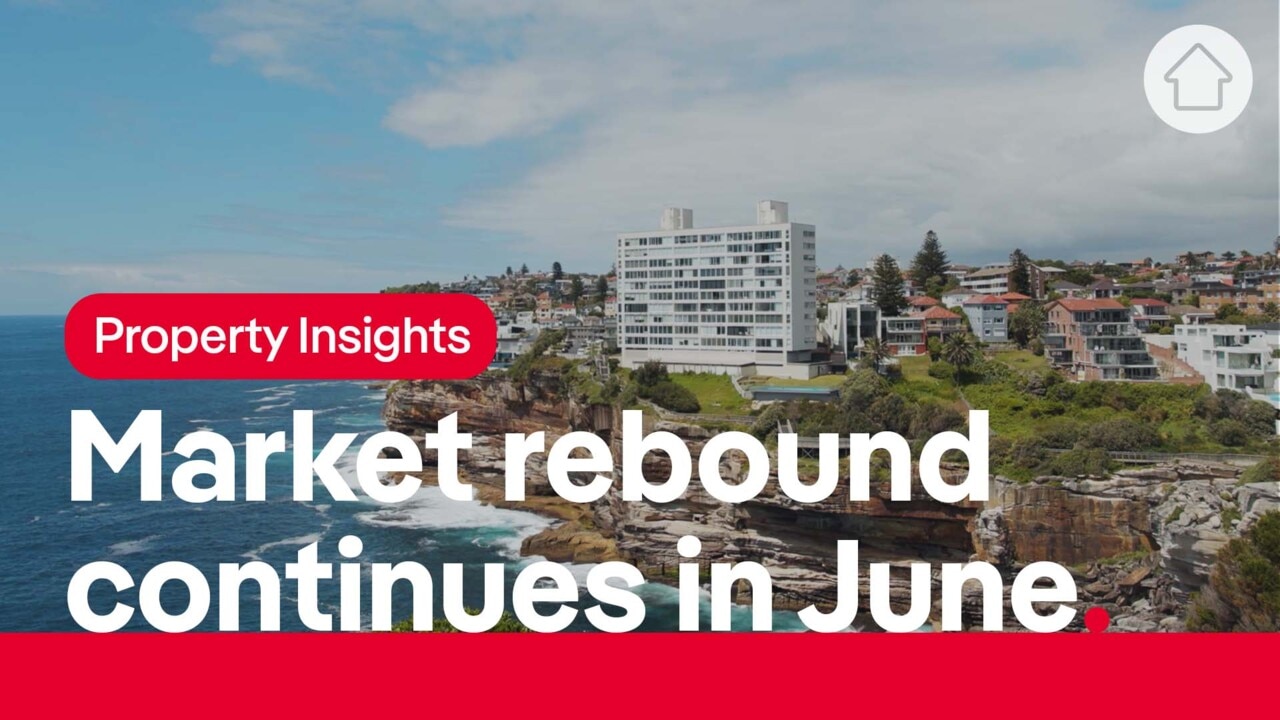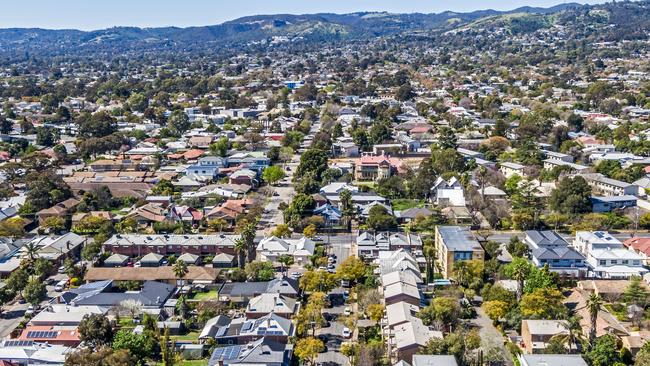Retail worker has 7 homes, $200k in super
A retail worker has shared the controversial way he turned his $70k base salary into $4.5m in assets, while doubling his super. But experts warn his strategy isn’t for the faint of heart.

A resourceful baker from Sydney has recently unveiled an audacious strategy that allowed him to amass an impressive property portfolio consisting of seven homes, while also doubling his super balance from $75,000 to nearly $200,000 in just two years.
And he did it all while working the same retail job for the same pay, but housing commentators have warned his tactics aren’t for the faint of heart.
Blacktown resident Lakhwinder Singh was cooking bread at Woolies for a living and earning $70,000 a year when he realised his super balance was too low for comfort.
MORE: 32-year-old brothel seeking ‘new ideas’
He had moved to Australia from India in 2007 as a 21-year-old student and when he got his residency in 2010 he initially worked at Hungry Jacks and a car wash for close to minimum wage.
By 2020 and at age 34, his super balance was $75,000 and the balance of his wife Kuljit, who moved to Australia years after him and never worked full time, was just $10,000.
MORE: Brad Fittler’s $10m Origin loss hide-out
Inside Michael Clarke’s $13m ‘love nest’
He decided to take matters into his own hands by setting up a self-managed super fund to combine both their funds and use them to buy a property.
He paid an accountant $6000 to set it up, but was warned it was risky considering the nearly $3000 annual fees required to continue operating a self-managed super fund.
“They usually don’t recommend it unless you’ve got at least $250,000 in super,” Mr Singh said.
His hope was that the property would increase in value faster than his super contributions and any equity made would be channelled back into his super when the property was resold.

Mr Singh had been encouraged by earlier successes in the property market, which he said helped him established a model for what properties to choose and where.
He had already purchased three other properties in locations where property values rose quickly.
MORE: Maroons legend’s hush NSW deal
He bought the first property in 2015 with a low deposit and interest-only loan, with financing secured by temporarily working a second job to boost his income by $40,000 a year.
The value shot up so quickly he was able to refinance the mortgage to draw out the equity and use it for deposits on the other two properties in 2016.
By the time it came to choosing a property with his super, he said he “knew exactly what to buy”.
“I did a lot of research and I knew to always look for bigger pieces of land. If you can get the land to asset ratio to 70 per cent, that’s ideal because it’s the land that appreciates, not the house,” he said.
MORE: ‘Crazy’ way homeowner made $250K in a month
“I also stay away from off the plan units and towns with a single industry. Where you’re buying, it’s got to have an economy with multiple industries.”
His research eventually led him to Elizabeth Vale in Adelaide, where he bought a $249,000 property using $64,000 of his super for the upfront purchasing costs, including the deposit.
He was shocked by what happened next. “I was originally thinking I’d hold onto the property for 10 years, but it was the start of Covid and the market boomed. I didn’t do anything to the property and the value kept going up.”
Mr Singh decided to sell the property in 2022, getting $395,000, which was $204,000 above his $191,000 loan.

He poured most of the profit into his super fund after paying capital gains tax and other selling costs. This left him with a new super balance of about $190,000.
The success of his Adelaide purchase encouraged him to buy more properties and today he has seven worth a total $4.5m against a $2.2m mortgage debt. He also started his own property business last year.
He admitted that buying property with super was risky. “You have to do a lot of research. I wouldn’t suggest it if you don’t have the time to learn how to do it,” he said.
Tax expert Mike Mortlock of MCG Quantity Surveyors said buying with super was risky and anyone wanting to replicate Mr Singh’s approach should realise the dangers.
“If you have a normal super fund it is usually diversified across cash, equities and other things, but if you buy one property, all your eggs are in one basket,” Mr Mortlock said.
“He has purchased very shrewdly to make that capital gain. It’s great in hindsight when you know it’s gone well but these things are hard to predict.”
PropTrack data showed Elizabeth Vale had one of Adelaide fastest price increases over 2020 to 2022. The median house price in the area increased from about $235,000 to $350,000.
LAKHWINDER SINGH’S 7 PROPERTIES
Total value: $4.5m
Debt owing: $2.2m
Total monthly mortgage costs: $12,000 (includes interest-only loans)
Total monthly rents: $16,000
Other holding costs: $6500
Net cost per month: -$2500
Originally published as Retail worker has 7 homes, $200k in super

